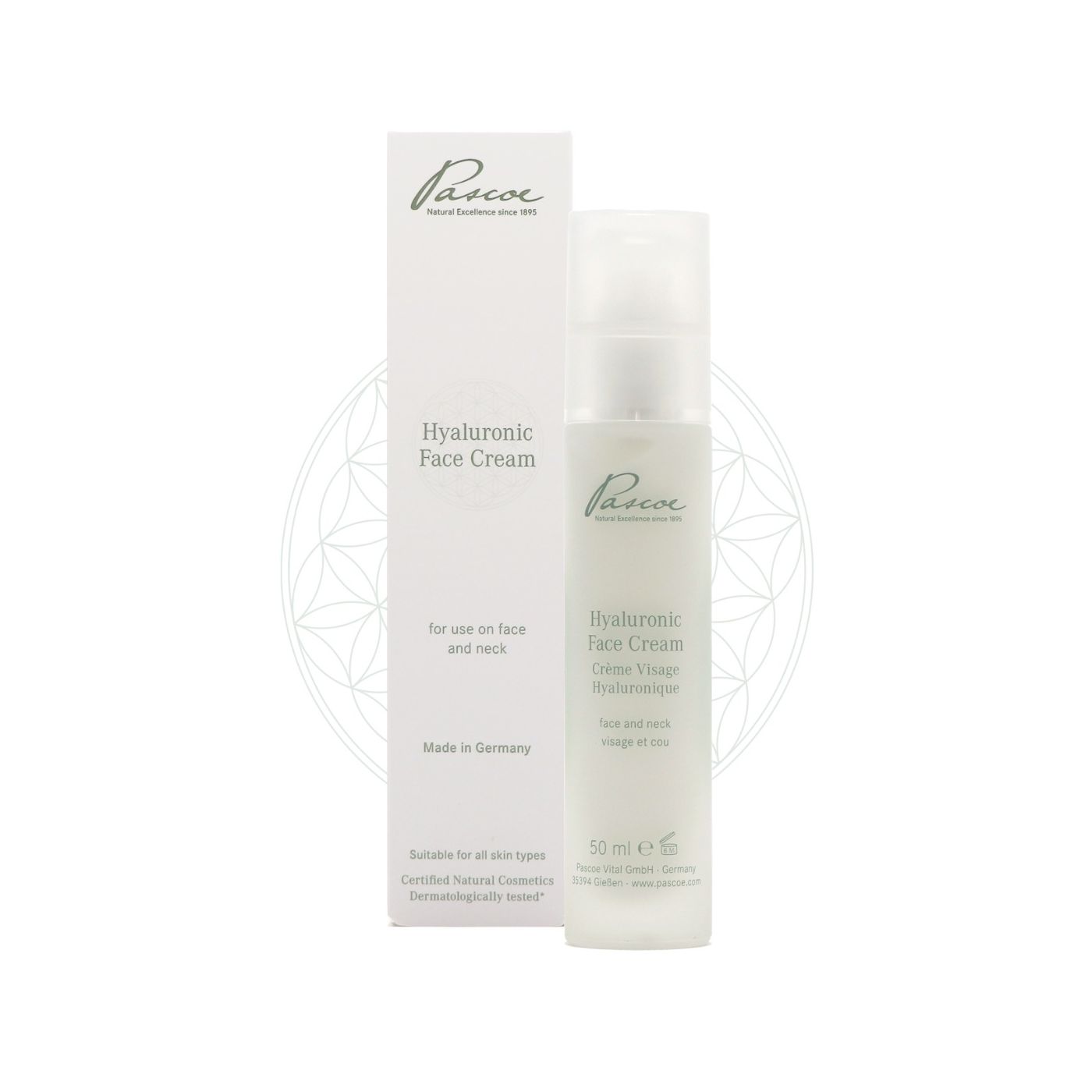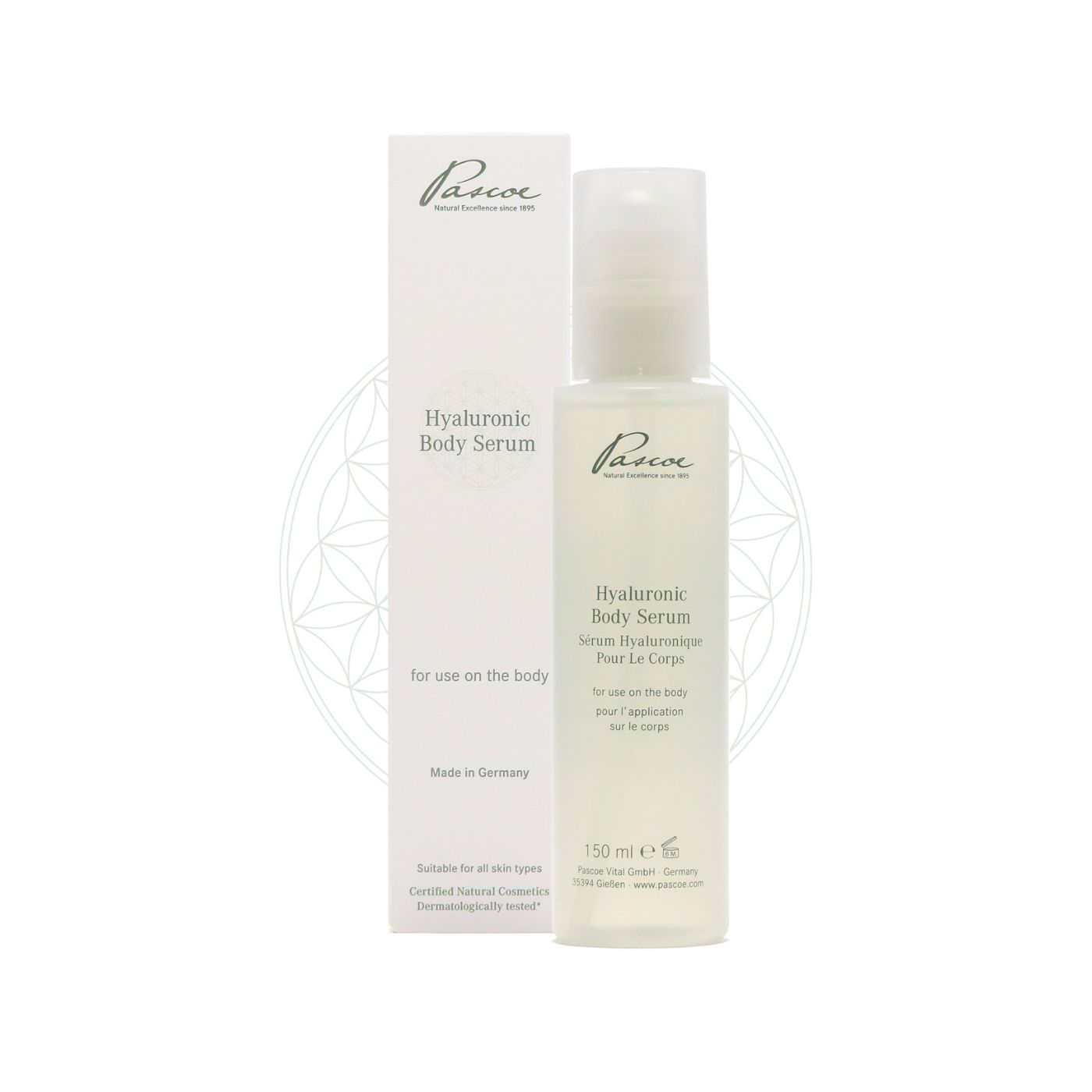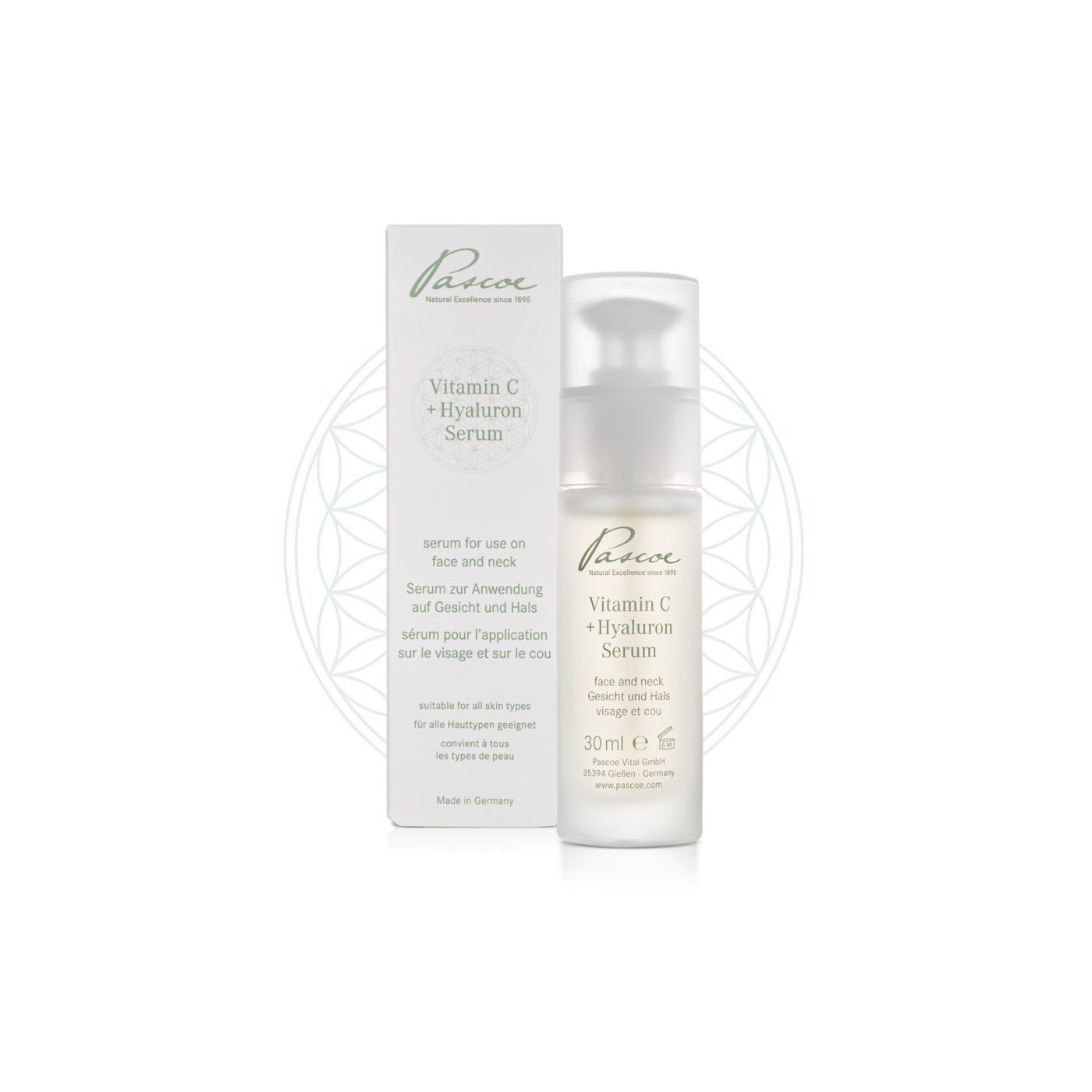Almond in Kitchen, Culture and Cosmetics
Almond has been used for thousands of years. Almond is the sweet and edible seed of almond tree, Prunus Dulcis, native to Iran and surrounding region, but cultivated in many other countries.
Almond has been used for thousands of years. Almond is the sweet and edible seed of almond tree, Prunus Dulcis, native to Iran and surrounding region, but cultivated in many other countries. Almond has been cultivated for over 4000 years. The trees can grow up to 11 meters and get almost 150 years old. The botanical name, Prunus, has its roots in “prunum” and means prune in Latin, which is understandable as the stone fruits, or drupes, such as plums and peaches and almonds are from the same family. “Dulcis” means basically sweet and refers to the taste of the Almonds.
The name almond comes from the French, Amande or Alemande. The ‘al’ in alemande might have been due to the confusion with the article used in the Arabic “Al” and, hence, changed later to Amande.
Almond consists of harder outer shell and a soft skin. They are available unshelled, peeled (blanched) or unpeeled.
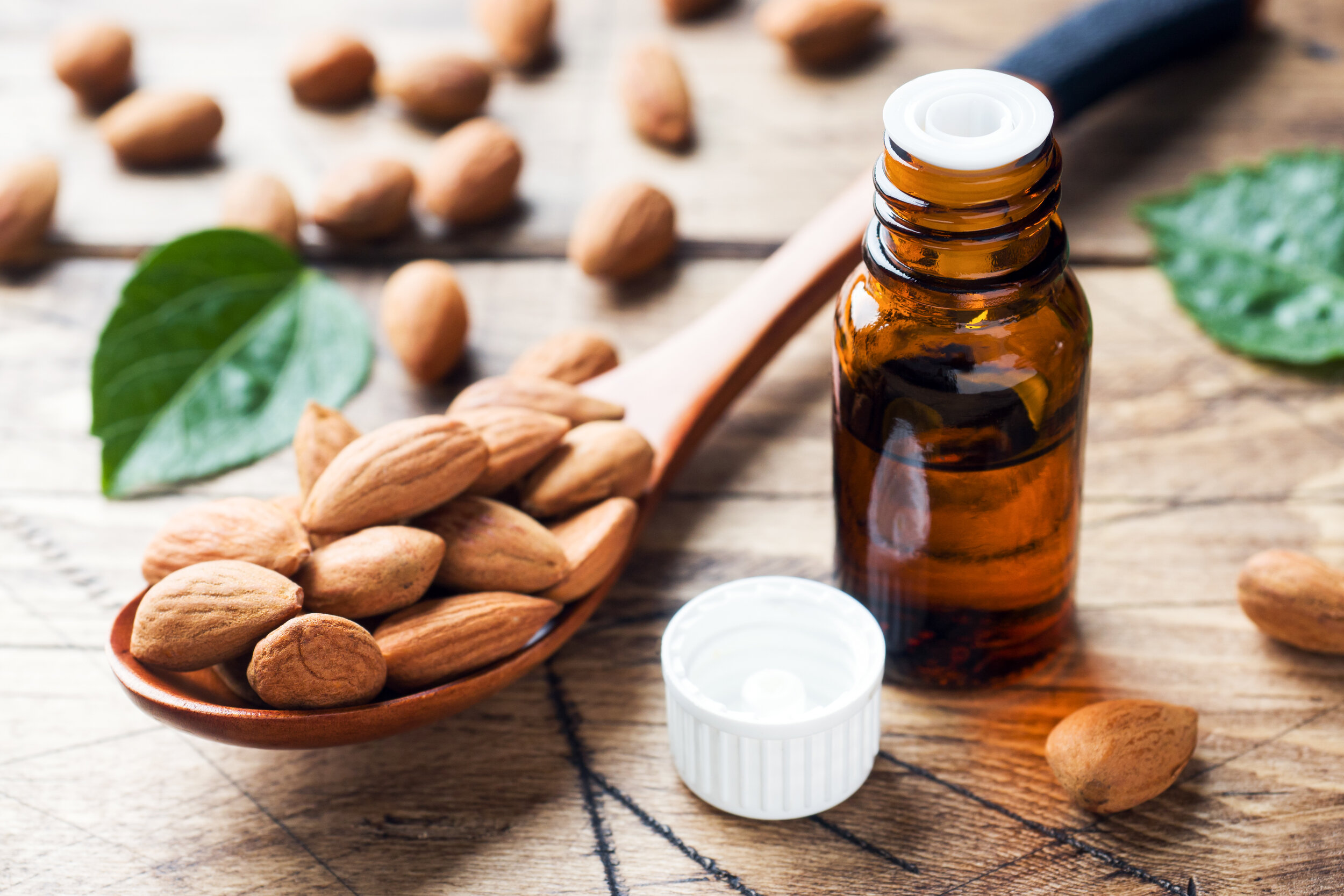

Sweet and Bitter Almond
There are different variations of Almond. Some seeds produced by the Prunus dulcis, even though sweet by nature, can be somewhat bitter. This is a recessive trait and can be cultivated. Lately, there have been some researches and studies in the immune enhancing of bitter almond, Prunus dulcis, var. amara, which is always bitter. These findings have not been proven and there are not enough studies to show the immune enhancing effect of bitter almonds. Bitter Almond has been called in some variations Vitamin B17, referring to the Amygdalin, Laetrile, the bitter essence which is found not only in bitter almonds, but also in seeds and pits of apricot, apples, red cherries, and plums. Amygdalin is broken done in our body into benzaldehyde, which tastes bitter, and cyanide, a deadly poison.
Overconsumption of amygdalin can cause low blood pressure, liver damage, dizziness, headaches, and blue tinted skin. Consumption of 50-60 bitter apricot kernels, equivalent to 50g Laetrile, can induce coma or be deadly. (*1.1.)
History fact: Cyanide was a favorite poison used for two millennia, because of its clear color, fast solubility and easy to hide. The only indication was the almond smell that were poisoned. And the blue skin, of course.
Roasted Almond, Marzipan & Other
Almonds are very versatile: in liqueur, such as Amaretto, roasted with sugar during Christmas time or as crunchy filling in olives. Another trend is almond milk, widely used as a vegan and dairy alternative, and almond flour as a gluten free substitute to wheat. Another culinary variant is the marzipan, an almond paste mixed with sugar and rosewater, used in pastries or as chocolate filling.
Almonds are recommanded as a snack for their nutritional value. Minerals such as magnesium and calcium, as well as α-Tocopherol, such as Vitamin E, high amount of healthy fats, protein and fibers make almond to a beneficial snack for our blood circulation, digestion, lower blood sugar and LDL levels, a great brain food and fantastic for digestion.
As always, less is more. „Don’t eat more than you can fill in your hand”, is the recommended amount for eating nuts per day. 100g raw almond have around 575 kcal, equivalent to what you would get from eating same amount of milk chocolate.
Why Almond Oil?
The cold pressed oil of sweet almonds is used for baking or salad-dressing and the cyanide-free oil of the bitter almond is used as aroma in baking. Almond oil is celebrated outside of the kitchen as fat soluble substance, lipophile, in the pharmaceuticals. They are the preferred boiling oil to take care of musical instruments such as Oboe or clarinets. In the industry almond oil has been used as a lubricant such as in watches and other technical instruments.
Almond Oil In Natural Cosmetic
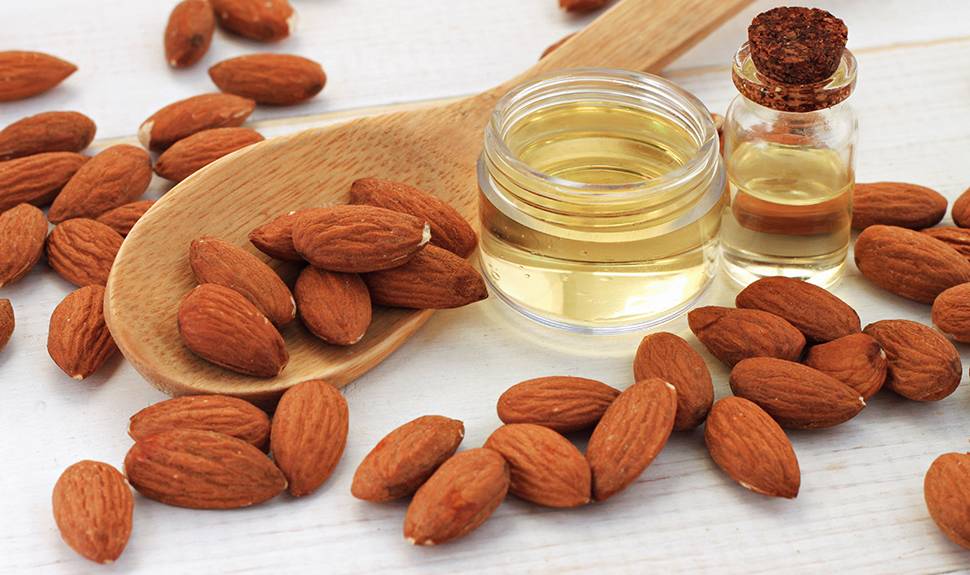

-
If you have looked up Pascoe’s Hyaluronic-Face Cream, you might have noticed that almond oil is one of enhancing facial oils used along with other beauty oils, such as avocado, shea butter. Almond oil has been known for centuries for their beautifying effect on skin and hair and have been used as a base in skin creams and anti-aging products, as massage oil and in soaps. Almond oil was used in ancient Chines, Greco-Persian and Ayurvedic medicine for its incredible benefit for dry skin conditions such as, eczema, rashes and psoriasis. They are known to be great emollient and sclerosant, contributing to enhance the skin texture and tone. Almond oil contains Vitamin A & E and almost 70% unsaturated oligo fatty acid which contributes to the moisturizing effect of Pascoe’s Hyaluronic acid. Other benefits of almond oil in skincare products are; reducing the puffiness under the eye, improving moisture in skin, helping with acne, reducing scar formation and helping with the appearance of stretch marks, enhancing the overall skin condition and giving a natural glow.
-
Is Amygdalin a Safe Cancer Treatment? Medically Reviewed by Carol DerSarkissian on October 28, 2019
-
Almond Oil, Almond oil prevents the penetration of pest insects…(Allahvaisi 2010), From: Cold Pressed Oils, 2020

